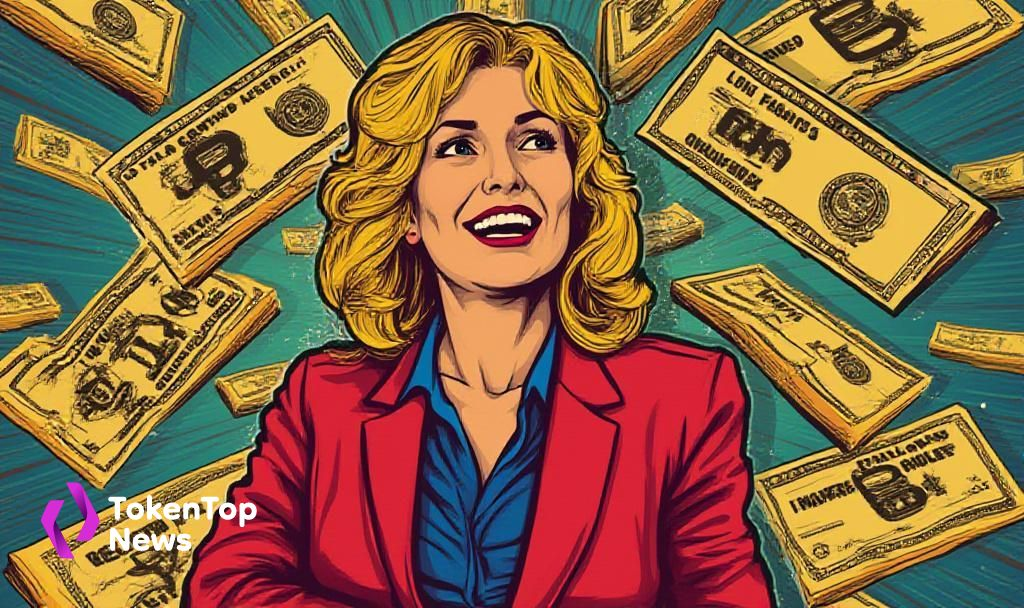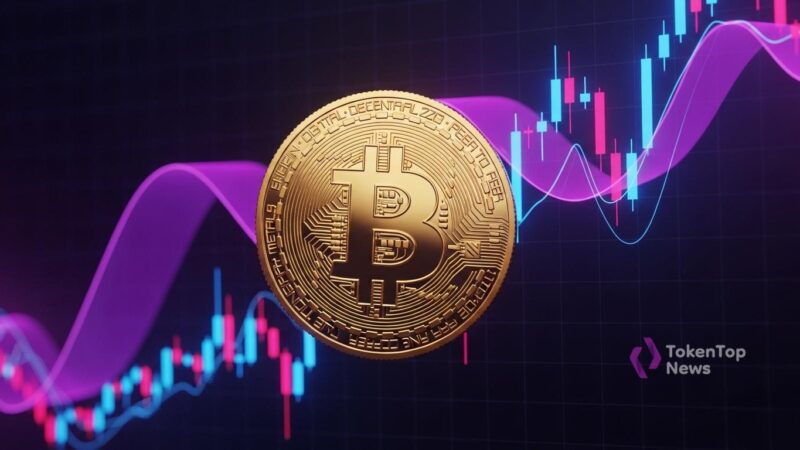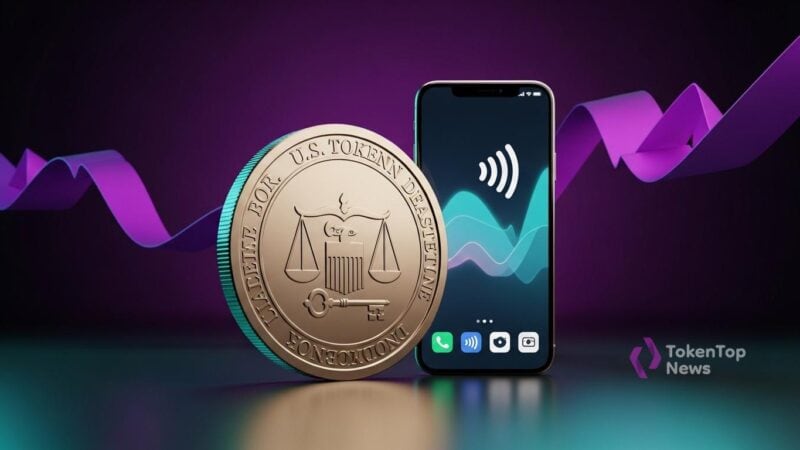Senator Lummis Proposes Bitcoin Reserve Plan Using Gold Revaluation
- Senator Lummis proposes revaluing gold for Bitcoin BTC +0.00% reserve.
- No new dollars needed for the plan.
- Potentially impacts U.S. financial strategy significantly.

The proposal is critical as it could reshape how the U.S. manages its fiscal reserves, with markets already responding to the announcement. Bitcoin has seen bullish sentiments and increased liquidity following Lummis’s proposition.
Senator Cynthia Lummis (R-WY) has proposed using revalued gold certificates to fund a U.S. Bitcoin Reserve in Washington. The plan seeks to leverage existing assets for Bitcoin purchases and potentially transform the national financial approach.
The proposed U.S. Strategic Bitcoin Reserve involves transforming existing federal assets, with Senator Cynthia Lummis as the principal advocate. Lummis suggests utilizing gold certificates held at outdated valuations for fund generation. Lummis believes converting these certificates to their current value could raise significant capital for Bitcoin purchases. The plan aims for approximately 200,000 BTC annually over five years, totaling around 800,000 BTC. Collaborators include Senator Kirsten Gillibrand and Congressman Nick Begich.
Immediate effects include heightened market activity in Bitcoin, with an all-time high price reflecting rising interest. The proposal aims to utilize gold certificates without introducing new fiscal burdens on taxpayers, leveraging existing resources. The revaluation and sale of gold certificates stand to affect the market valuation of gold and Bitcoin, potentially altering U.S. financial strategies. This method does not target other tokens, but broader institutional interest in cryptocurrencies might increase.
This is a major step for institutional adoption and Bitcoin on a national scale,” said Saylor.
Experts like Michael Saylor have commented positively, viewing this as a step toward institutional Bitcoin adoption. If implemented, the Reserve has potential historical parallels with past gold revaluations, suggesting significant market impacts. The policy could drive broader crypto adoption and reshape financial interaction with digital currencies.




